
News about Cancer
Viser 49 til 72 af 89 dokumenter.


New understanding of the body’s cells: Synchronise like pendulum clocks
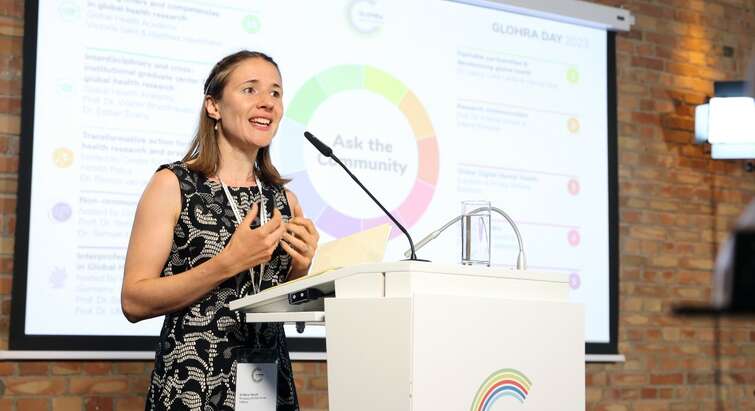
Stefanie Harsch: Improving cancer literacy in Kenya

Ann Skafte
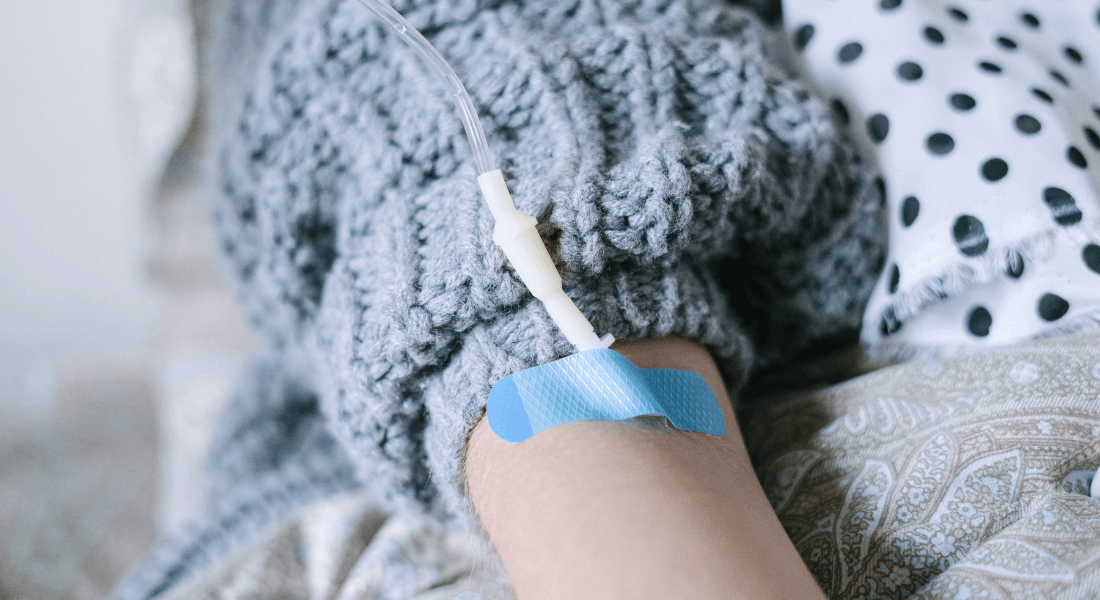
Hidden mechanism connects cancer and diabetes
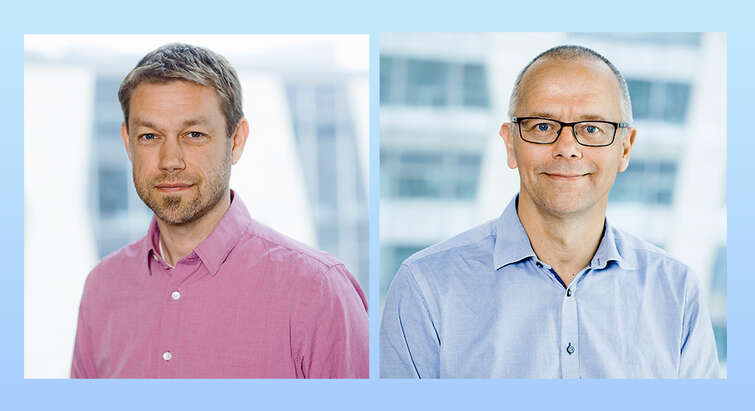
Group leaders Jesper B. Andersen and Claus S. Sørensen appointed professors
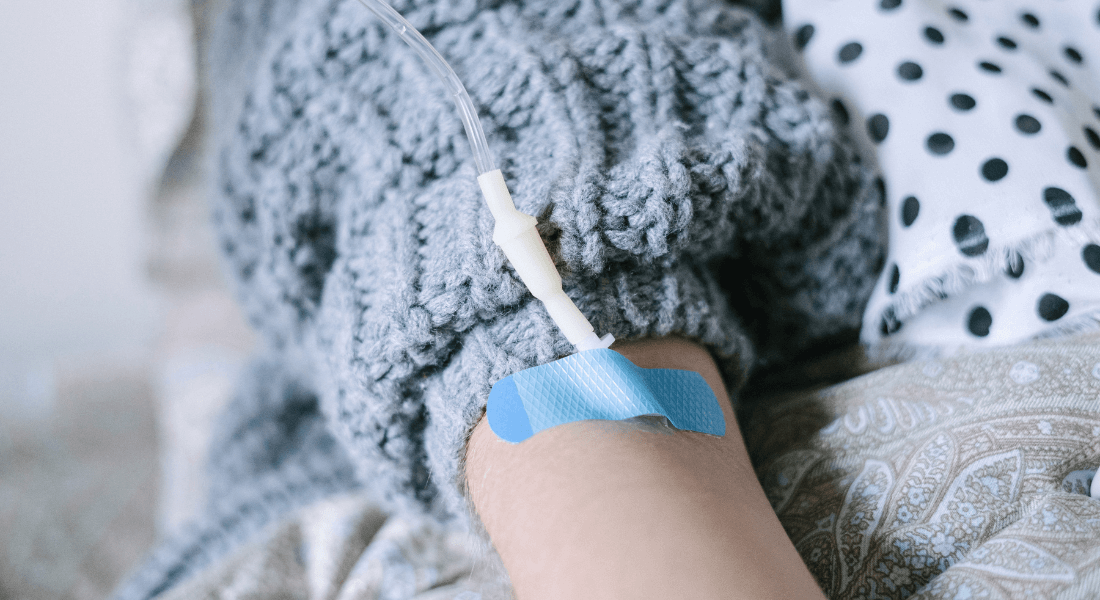
Hidden mechanism connects cancer and diabetes

BRIC/Finsen spinout Adcendo Aps moves forward towards clinical trials
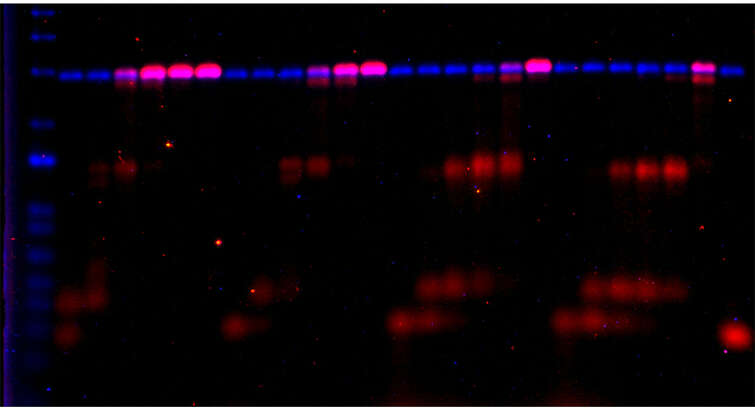
‘DNA replication in a tube’ provides new insights into chromatin assembly

Bartender model predicts how drugs affect each person

Bartender model predicts how drugs affect each person

Grey hair and wrinkles at an early age led researchers to new treatment for rare cancer

Previously unknown cell mechanism could help counter cancer and aging

Artificial human skin paves the way to new skin cancer therapy

Professor Ana Cvejic receives a grant to better understand the interplay between immune cells and cancer

Ditte Boilesen

Niels Behrendt receives the NNF Distinguished Innovator Grant
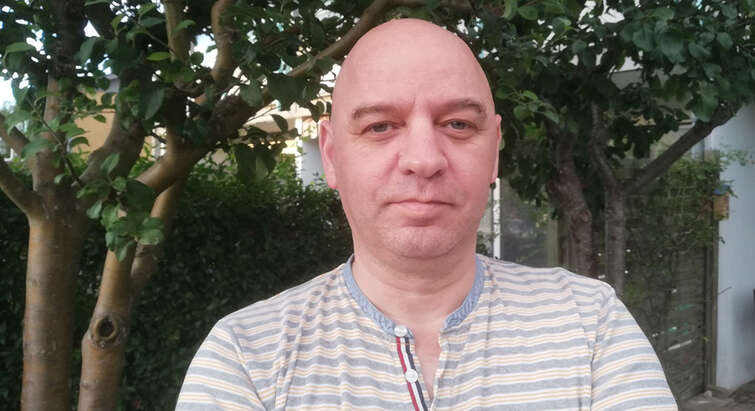
New project will design 3D microfluidic chips for cancer therapy
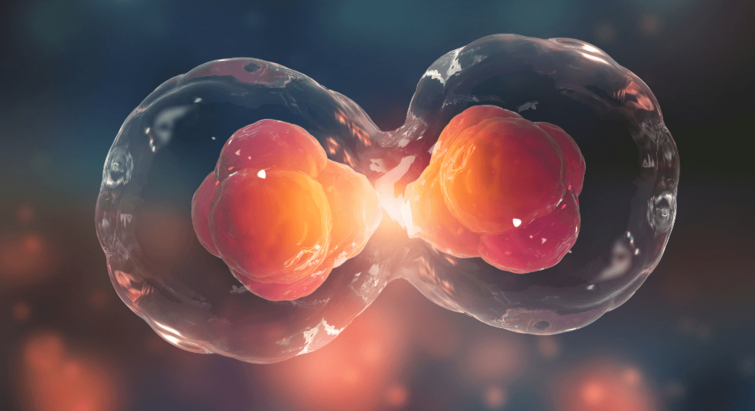
Now we understand better how cell division works. That puts us a step closer to devising more effective cancer therapies

New gene technology is able to predict the effect of treatment on the individual breast cancer patient
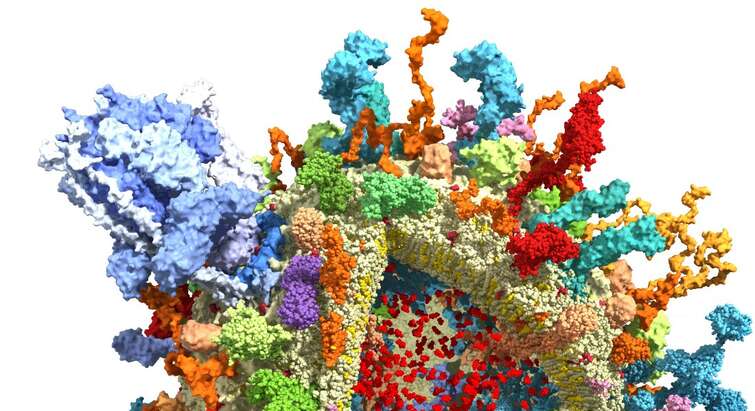
Major discovery about mammalian brains surprises researchers

UCPH research fights life-threatening infections in lymphoma patients
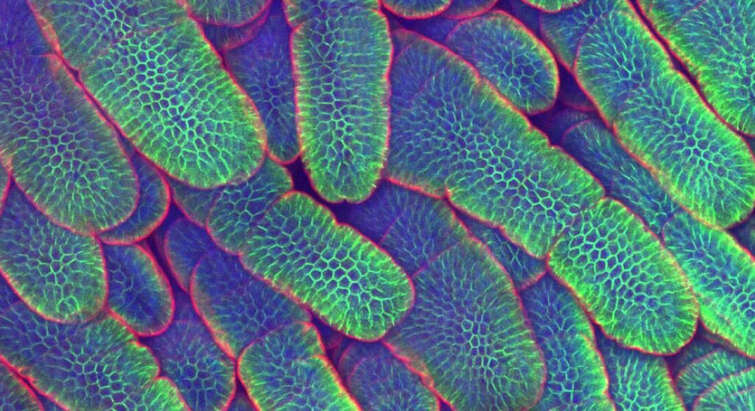
How cancer cells hide from chemotherapy

